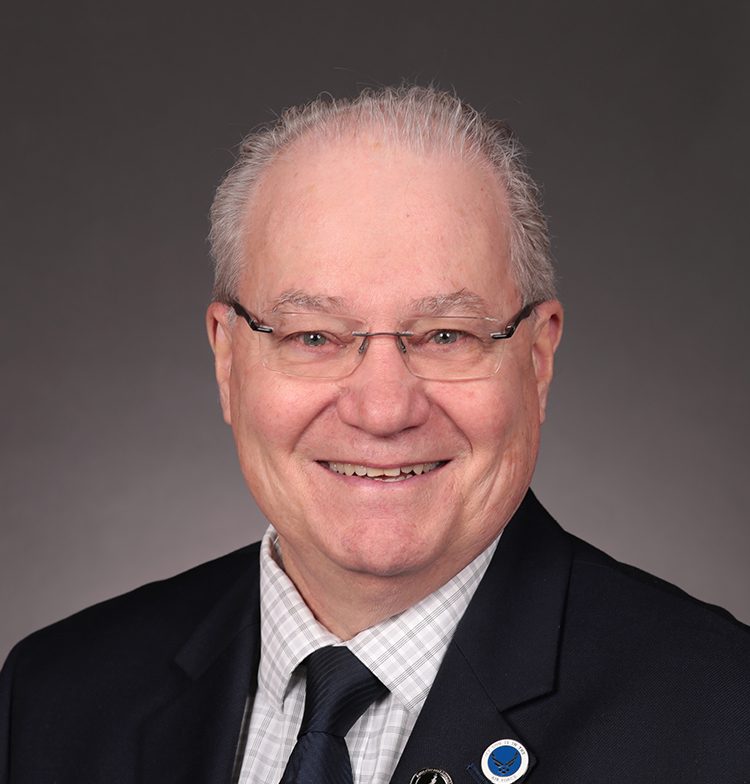State Sen. Thomas Greene (R-Des Moines) is one of the few real medical experts in the Iowa Senate. He deals with health care issues quite often.
“I’ve got my little pet bills that I’ve been trying to work and gain some momentum for,” Greene said. “I think it’s an uphill battle.”
One of his bills, Senate File 123, would allow a pharmacist to engage in a collaborative pharmacy practice, in accordance with administrative rules adopted by the Board of Pharmacy and under a collaborative pharmacy practice agreement, to provide patient care and drug therapy management services to a patient, including a patient following a behavioral health diagnosis by a practitioner.
Greene said if you have a person who is in a mental health crisis — whether that’s suicidal or just near-total breakdown — the psychiatrist and the true mental health prescribers should be focusing on those people. There’s plenty of them around our state who are desperate for help, he said.
However, between Drake and Iowa, there are 400 pharmacy graduates every year who have a doctorate in pharmacy degree.
Greene said people in a general health crisis are typically put on a wide range of medications from anti-depressants to anxiety meds to sleeping meds. There could be four, six or eight different medications.
Once those patients are ruled relatively stable, Greene believes there’s a bigger role for pharmacists to fill.
“Who else better to help monitor their prescriptions and make recommendations,” he said. “They can tell a doctor this patient seems to be doing well, but they have a lot of dry mouth or a cough.”
Pharmacists could then encourage to up, reduce or change a drug.
Allowing for more involvement with the pharmacist would free up access to prescribers, who could focus on those in crisis mode.
“It should save the state money because you can pay a pharmacist 60-80 percent of what you’re paying a psychologist,” Greene said. “It should mean improved access to providers. I think overall it’d be a win-win. We’d keep more graduates in-state and provide a true professional avenue to use their knowledge.
“It sounds great in theory, I’m just hoping I can gain enough support to move it along.”
Greene was a pharmacist for 43 years. He has a bachelor’s in pharmacy degree. However, since 2001, graduates have earned a doctorate in pharmacy. That means an added year to the curriculum.
“Pharmacy is an excellent career — very rewarding,” he said. “But we’re losing pharmacists today. They have all this knowledge — six years of training — yet the majority of jobs are in CVS, Walgreens and Target. They’re filling 300 prescriptions a day and counting out Amoxicillin and they aren’t using their knowledge. This is an avenue that I think could help retain the professional level knowledge they should and are expecting to practice.”
Greene said he’s hoping to move that bill through the Human Resources Committee in the Senate.











